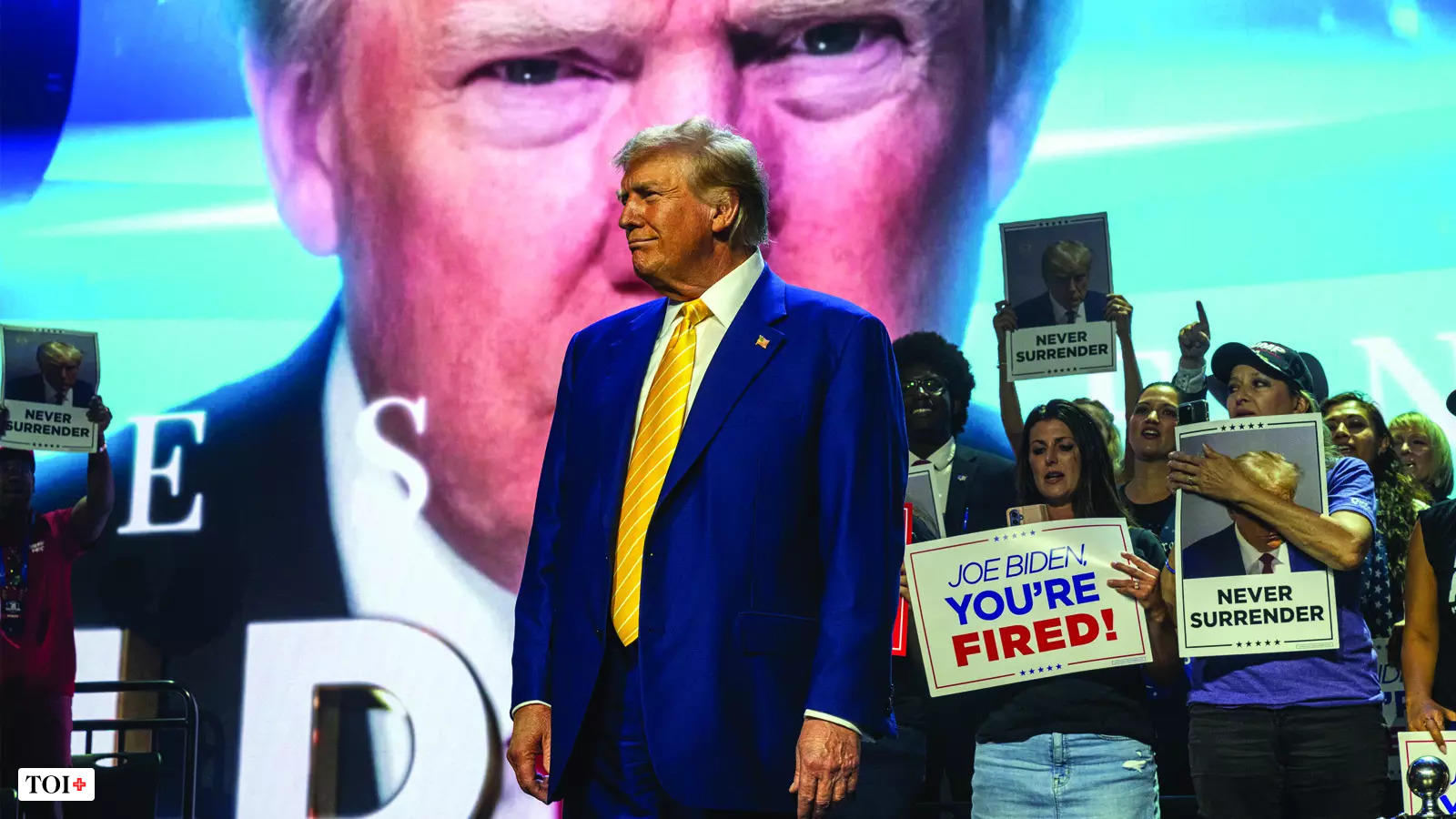The Freedom Party, led by Herbert Kickl, has achieved a historic victory in a nationwide election. Although the outcome was not as clear-cut as expected, it still provided a boost to the conservatives. Now, they find themselves in a “chancellor’s duel” with Kickl. The previous conservative-green coalition in Austria has effectively ended, with Chancellor Karl Nehammer avoiding a formal breakup for now. However, regular elections are set to be held in three months, signaling the end of the alliance.
Tensions between the ÖVP and Greens reached a boiling point when Green Environment Minister Leonore Gewessler supported the EU Renaturation Act against the wishes of the coalition partner. This move strained their relationship and led to accusations of constitutional violations and misconduct. While the ÖVP threatened legal action, experts are skeptical about its chances of success. Chancellor Nehammer faced criticism for not taking any action against Gewessler.
Despite this strained alliance, the ÖVP showed reluctance to let it collapse. The conservatives have strategic concerns for the current alliance, including nominating future Austrian EU Commissioner. Nehammer wants to lead his party into upcoming National Council elections and position himself as a strong contender against Kickl. The ÖVP views Kickl as a security risk and is determined to prevent him from becoming head of government.
The upcoming elections will likely feature a battle between the ÖVP, FPÖ, and social democrats for top positions. The FPÖ’s recent victory marks an unprecedented turning point in Austrian politics, especially considering their turbulent history. Despite setbacks and scandals in the past, they have managed to regain momentum and secure a strong position in national elections.
Kickl’s leadership style is characterized by aggression and radical views that have resonated with voters amid concerns over pandemic measures and immigration issues. His opposition to mandatory vaccination has attracted new supporters and helped him gain traction. In contrast, his opponents see him as an extremist who poses a threat to democracy.
The ÖVP’s election strategy will be focused on countering FPÖ’s fear-mongering tactics by offering viable solutions that address voters’ concerns about health care, education, job creation, and social welfare programs.
As Austria prepares for contentious elections next year, it remains uncertain which party will emerge victorious or whether there will be another hung parliament scenario like 2017 or 2019 when no single party could form a government.


